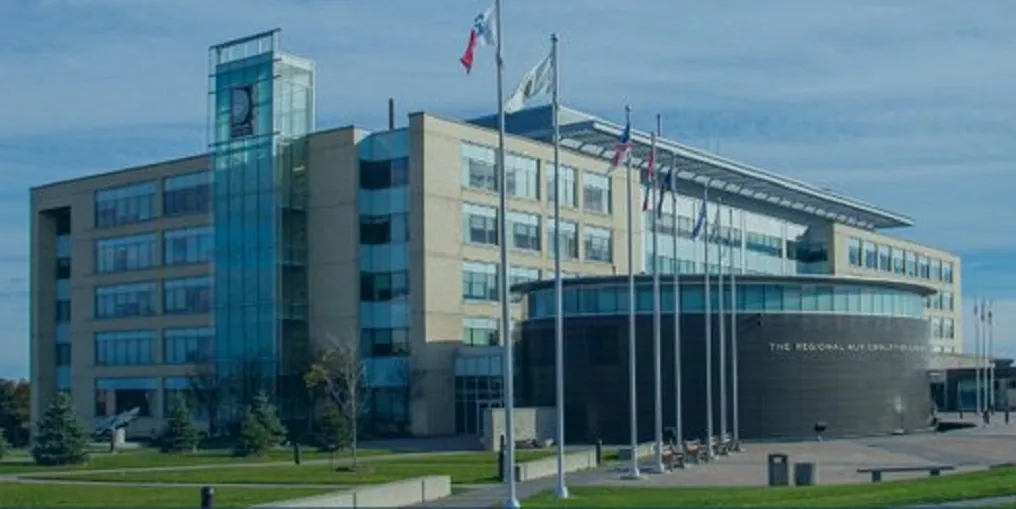Homelessness street outreach program underway from Oshawa to Pickering
Published May 23, 2024 at 2:18 pm

The Region of Durham has launched a new support service for those living on the street in the form of a new Street Outreach Program.
According to the Region’s by-name list, there are currently 604 people living unsheltered who are enrolled in Regional support services. However, the by-name list is a conservative estimate of the true number of unsheltered residents as it only counts those in support services.
This number represents a major population increase over the last year and a half. As of December 2022, there were 270 people on the list. However, the list tends to grow a bit in the summer and shrink in the winter.
Though rates fluctuate by season, the influx has been so severe it overtaxed the Regional and municipal systems put in place to aid people. Last fall, Durham Chair John Henry said, “We cannot keep up with this demand. We have exhausted the capacity in our system and any funding we had available to support newcomers.”
Ajax Mayor Shaun Collier concurred shortly afterwards, noting the homeless population in town had ballooned by more than 40 per cent in a matter of days. Collier and Henry blamed the jump last fall largely on a lack of provincial and federal support for new refugees.
To address the population growth, the Region and its constituent municipalities have rolled out a number of new programs and shelters in recent months and years. These include the long-gestating Beaverton Supportive Housing project, Oshawa’s micro-homes, and the newly opened Whitby low-barrier shelter.
Among the latest additions to these services is the Region’s Street Outreach Program which connects unhoused people directly to the supports and services they need to get back on their feet.
As Regional Social Services noted, most people on the street become homeless for only a short time and only once in their lives. Those considered “chronically homeless,” or on the street for longer than six months, are the exception.
The outreach service helps people with “service navigation, identification, harm reduction supports, housing readiness, financial literacy and securing a source of income,” the Region explained.
Since the project launched in January outreach staff have made 3,000 meetings with the Region’s unsheltered people. These include wellness checks, providing water and food, referrals to shelters, transportation, encampment relocation supports, and harm reduction services.
“Team members not only connect people with the services they need, but they also offer personal support during challenging times; they’ll stay during an Emergency Room visit to clarify processes and they’ll be there for a diagnosis, so the individual doesn’t go through it alone,” Commissioner of Social Services Stella Danos-Papaconstantinou said.
“The Region strives to ensure that no one gets left behind or falls through the cracks,” she concluded, “and the Street Outreach Program is one of many ways the Region is working to help all residents lead healthy and safe lives.”
INdurham's Editorial Standards and Policies





